The Religious Freedom Institute hosted a panel discussion titled, “Faith Based Advocacy for the Common Good,” at the University of Connecticut on April 25, 2019. This event was the first of a four-part initiative made possible by Islamic Relief USA that seeks to bring together representatives of different faith groups in conversation and common projects. Following the panel discussion, two participants, each from a different religious tradition, were awarded a gift card as an invitation to meet one another for coffee and then to write about the experience. What follows are their accounts of the conversation.
Ghoufran Allababidi and Maman Cooper take a picture together during their visit over coffee.
Ghoufran Allababidi
My name is Ghoufran Allababidi. I am originally from Syria, was born and raised in the city of Aleppo, and came to the United States in 2000. I am married and a mother of five kids. I am an active member in my community, teach Arabic, volunteer with refugee resettlement groups, and work at the language service office as a translator.
I would like to share my thoughts after having coffee with Maman, a friend from another faith tradition. We met for over two hours, and the month of Ramadan began immediately after our meeting. We met to drink coffee and to get to know each other, and it was a wonderful meeting. We had the opportunity to speak openly about ourselves, our native countries, and the story of our migration to this beautiful country. Of course, we talked a lot about religions and learned a lot from each other.
Since our meeting was a few days before the month of Ramadan, we discussed many of our thoughts about fasting and the religious customs and rituals practiced during this holy month. Similarly, I learned a lot from Maman about fasting in the Christian religion, and its symbolism. We discussed several different topics related to our religions and, without realizing it, also began comparing the ideas and customs of our respective faiths. It was remarkable to see the extent of the convergence—how much was similar rather than different.
We took a beautiful picture together, smiling at the camera and looking to a future that would be different now that we had both taken a first step in building a bridge between our two religious groups here in America.
In Ramadan, Muslims participate in several activities at their mosques and with the broader Muslim community. Last week, there was a program for Ramadan in which people of all faiths participated. I invited Maman to attend and it really happened! We had a wonderful time listening and learning from three religious women who spoke about fasting in three religions.
We really enjoyed that what brought us together was the humanity and compassion that binds the hearts of human beings. We broke the fast with some dates and water, and then we, as Muslims, prayed in one group while the friends from other religions observed how Muslims pray. Then, we enjoyed a delicious meal followed by delicious sweets, and we hope to meet again after Ramadan (which ended June 4th) to continue to get to know each other.
I am very grateful to the organizers of this event for this opportunity. I am very happy to meet a nice and wonderful friend like Maman. I look forward to continuing this friendship in the future, allowing my children to learn from us that humanity and friendship know no boundaries or discrimination.
Maman Cooper
First, I would like to thank the organizers of this event on faith-based legal advocacy for providing an opportunity for people with diverse viewpoints to explore and find common ground. Through this project, I had the chance to meet Ghoufran. Ghoufran and I met for coffee just over a week after the event. We both ordered a cappuccino. And, of course, as my luck would have it, my delicious cup of coconut flavored coffee fell all over on the table, making us both jump back as I, in complete shock, watched it spill. You have to thank God for reflexes. We jokingly said that if nothing else, she would remember me as the girl who spilled coffee the first time we met.
We had a wonderful dialogue about each other’s lives, and the unfortunate wars in Syria and Liberia that had forced us to leave our loved ones and migrate to the United States as refugees. Our conversation was very dynamic, delving greatly into our personal spiritual journeys, differences in religion, and the importance of loving, respecting, and appreciating other people’s beliefs and realities. What became clear to us was that we had so many more similarities than differences.
Ghoufran is Muslim. So I had the privilege to get to know more about Islam and about her family. “I learned earlier as a Christian that the difference between Christians and Muslims is that Muslims do not believe in Jesus,” I said to Ghoufran. I also shared that I made a similar statement to my professor of Islamic Politics as an undergraduate student at the University of Connecticut. Ghoufran shared in depth that what I learned was in fact untrue. Ghoufran further explained, “As a Muslim, if I do not believe in Jesus, I am not a real Muslim. I have to believe in Jesus and all the other prophets in order to be a true Muslim.”
Although I could agree or disagree with Ghoufran about Jesus only being a prophet, I understand the notion of God being only God, and everyone else being his empowered messengers, including Jesus. One thing that Ghoufran and I both emphasized as each of us talked about our spiritual journey, through our respective religions, was the fact that we are similar. We have so much in common. Unfortunately, society and the world would have us emphasize only the differences.
After this meeting, I reflected on one of the question’s the conference prompted us to ask: “What do you think might be the benefit of working with people who share your faith, at an organization that operates based on that faith’s teachings?” There are certainly benefits, but it is not necessarily due to belief in the same religion. Identifying with a certain religion does not automatically make you a true representative of that religion, nor does it make you a good or bad person. It is a process and requires a certain commitment to live a certain way. So, looking at the benefits of working with people solely based on their claimed religion isn’t enough; we must look at how they live out that religion.
THE RFI BLOG
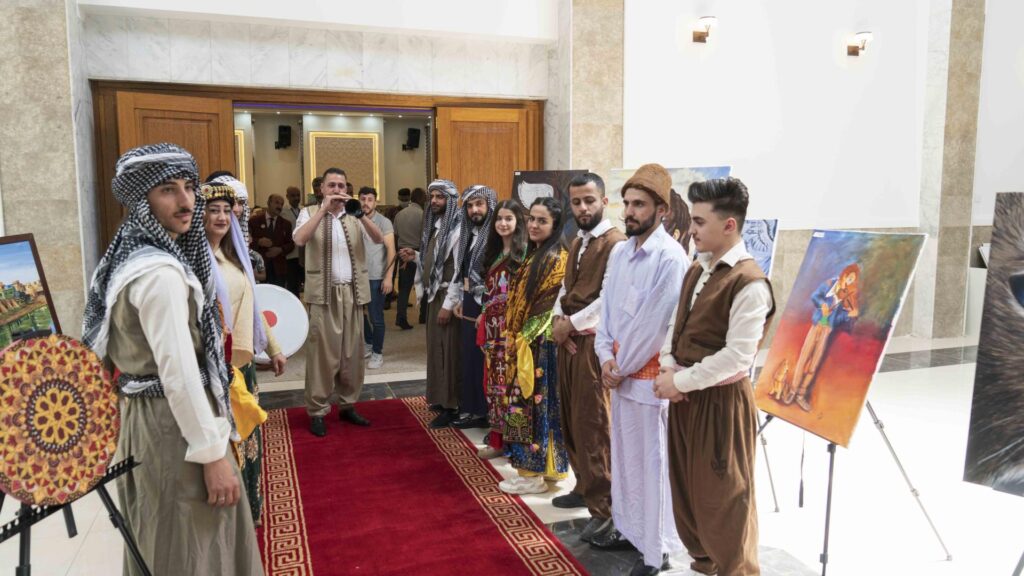
Addressing the Precarious Religious Freedom in Iraq
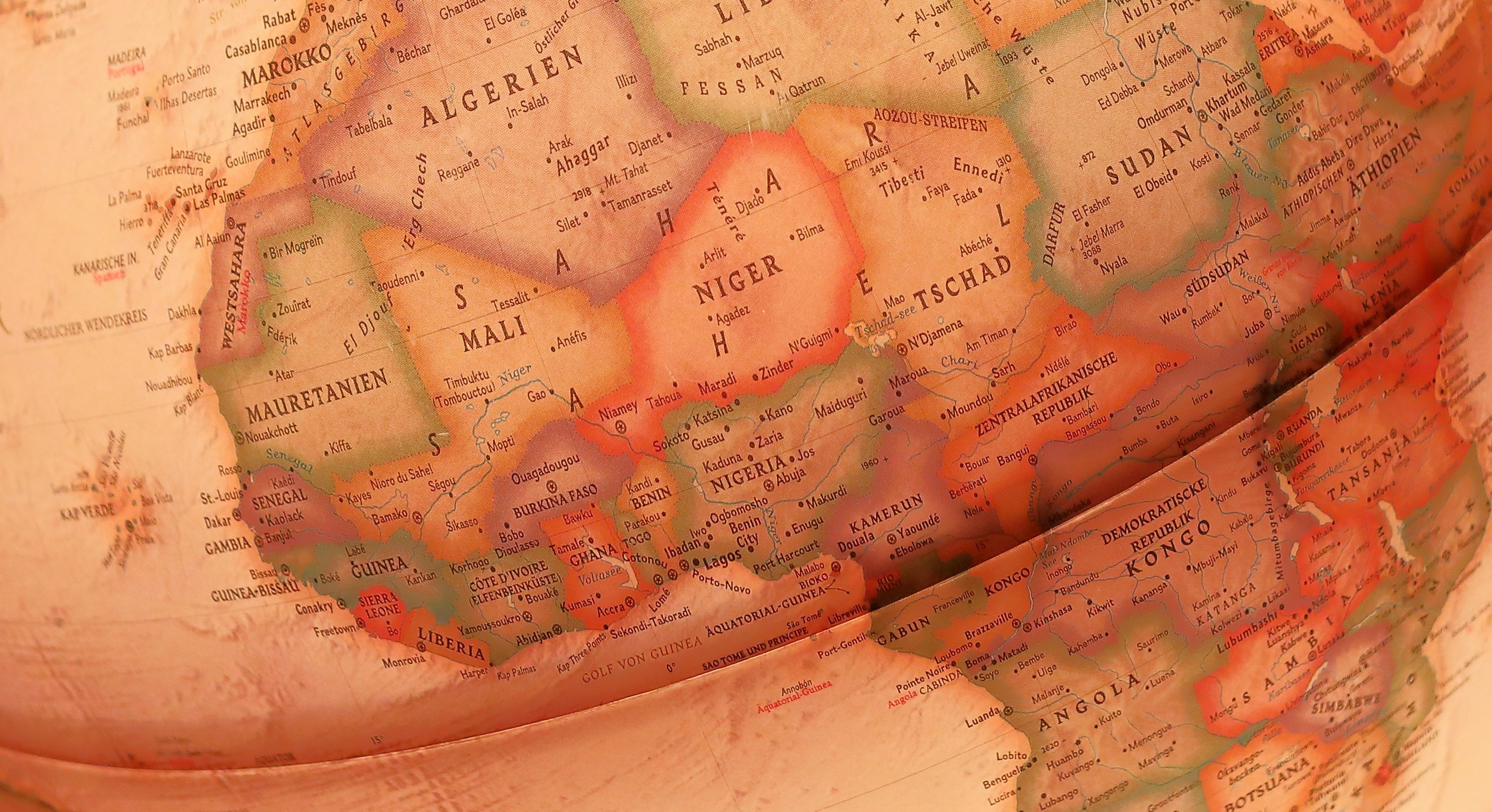
U.S. Must Redesignate Nigeria as a CPC Immediately
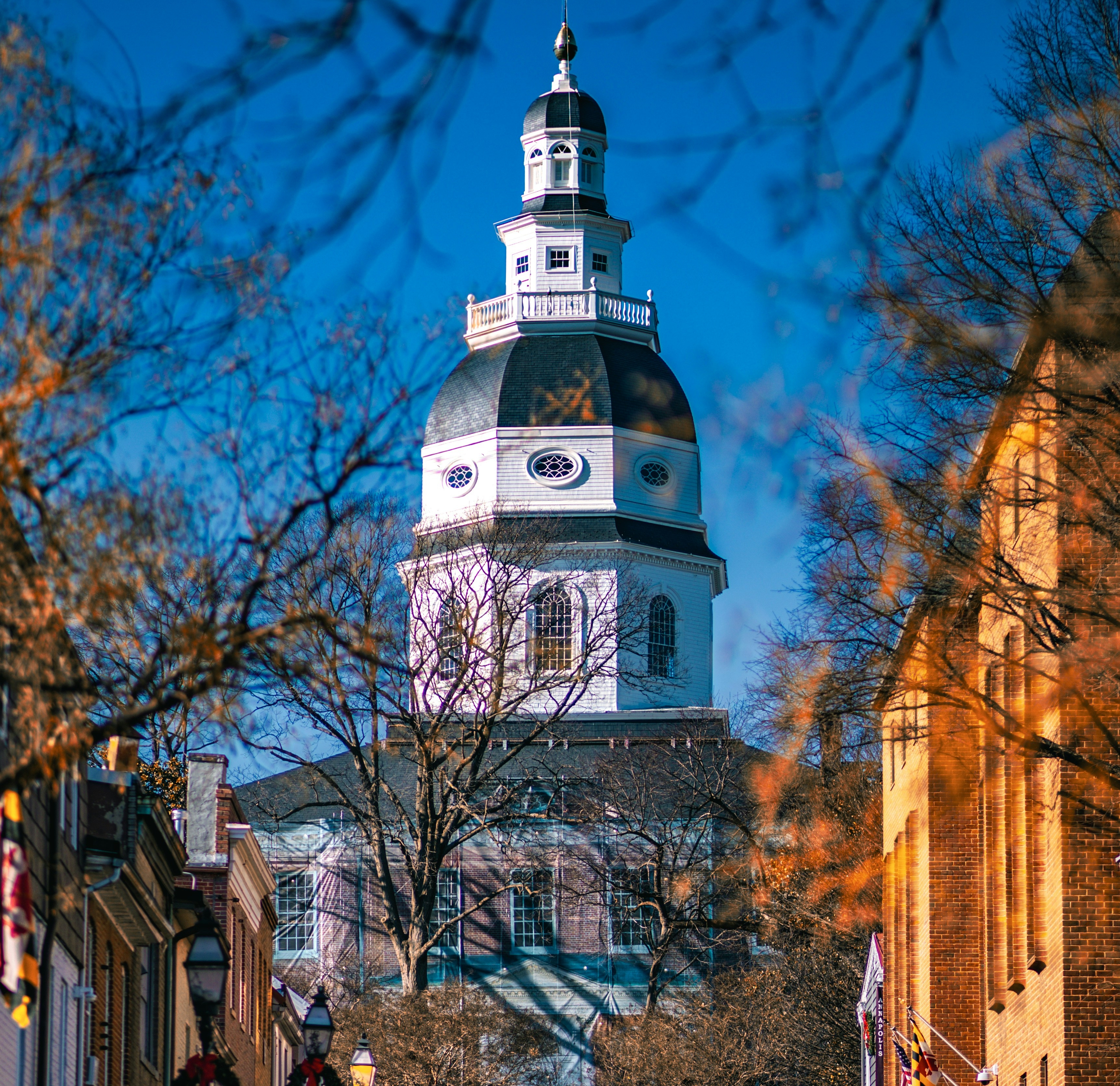
RFI Urges MD Lawmakers to Protect Children, Parents, and Health Care Providers
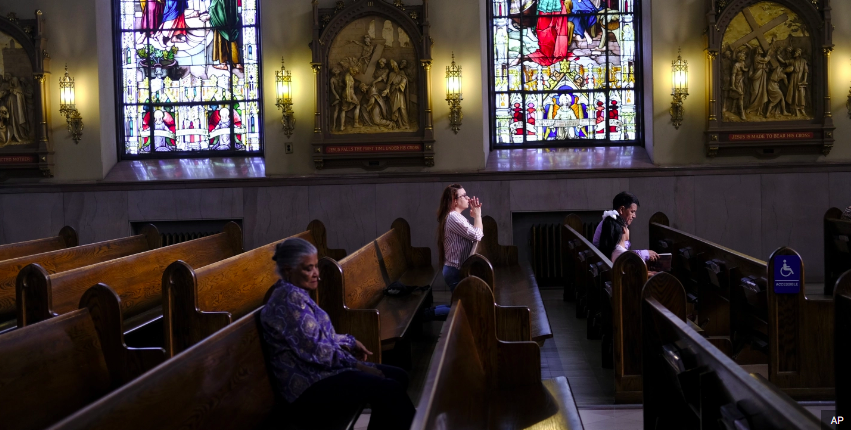
The Intersection of Religious Freedom and Immigration Enforcement
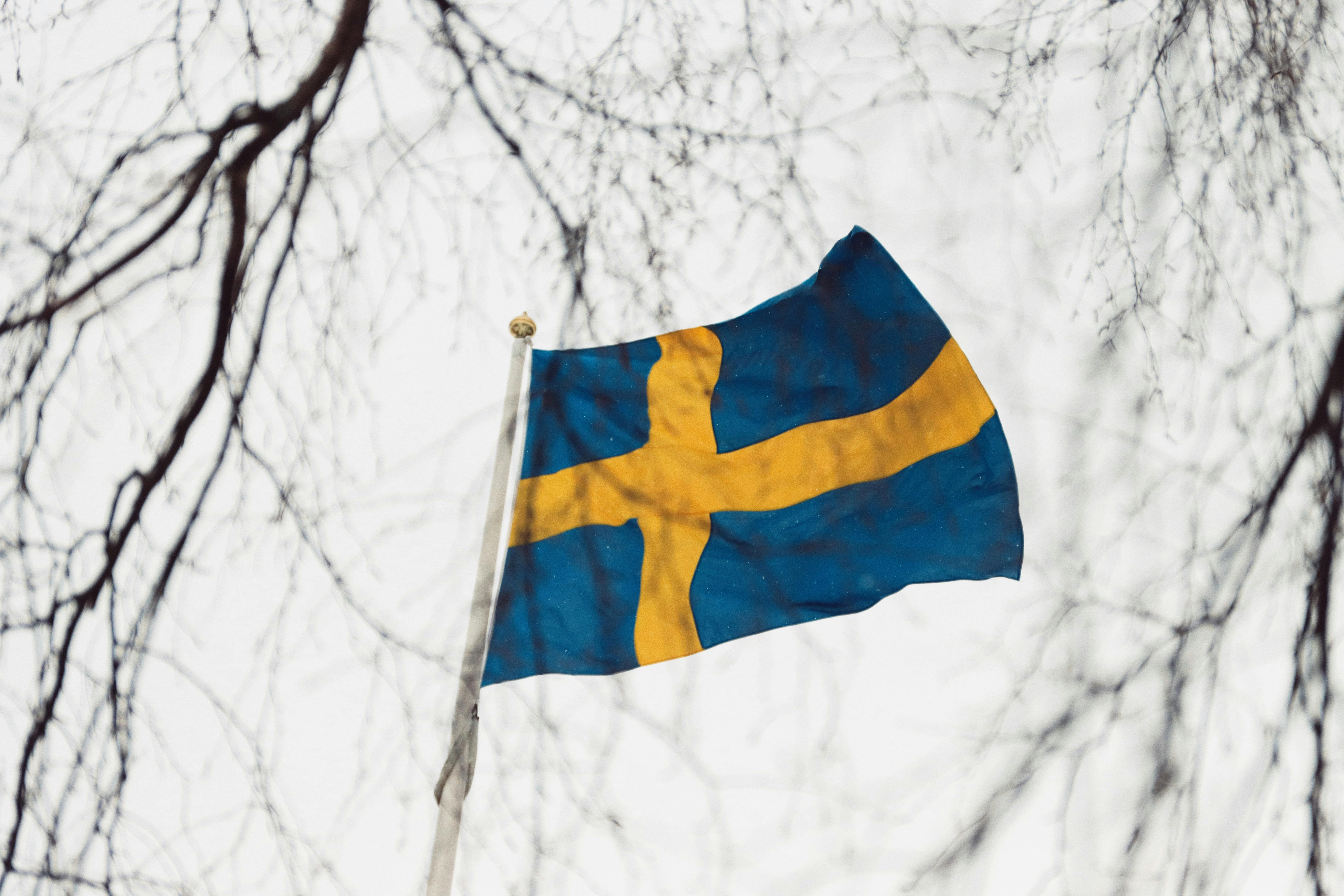
Following Quran Burnings, Will Sweden Stumble Into Anti-Blasphemy Laws?
CORNERSTONE FORUM

Reaffirming Religious Freedom: Bridging U.S. Advocacy and Iraq’s Constitutional Framework

Political Polarization, Same-Sex Marriage and Religious Liberty

Bridging the Gap Between International Efforts and Local Realities: Advancing Religious Freedom in the MENA Region

Challenges to Religious Freedom in Iraq and the Critical Need for Action

